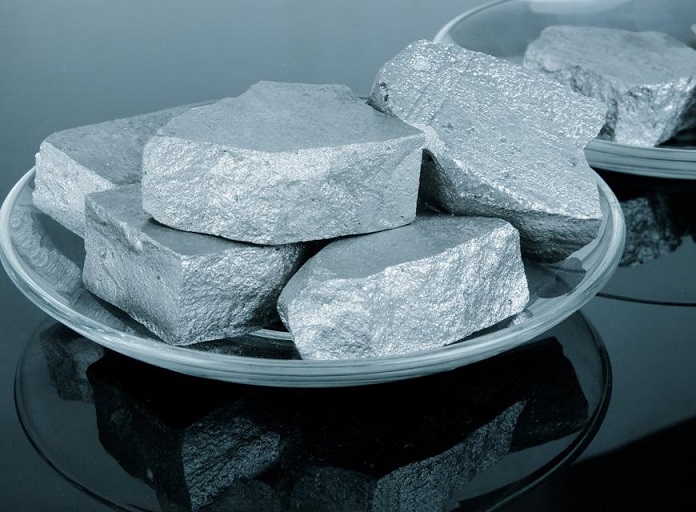
Hydrogen storage alloy is a new type of alloy that can store hydrogen. This kind of alloy can absorb hydrogen and release it under certain conditions. It is often used in large batteries, especially electric vehicles, hybrid electric vehicles, and high-power applications. There are three main series of hydrogen storage alloys: rare earth hydrogen storage alloys represented by LaNi5; titanium hydrogen storage alloys represented by TiFe; magnesium hydrogen storage alloys represented by Mg2Ni. Among them, due to the advantages of low price, and good performance stability, Titanium-Iron Hydrogen Storage Alloy is widely used in the industry.

Titanium-Iron Hydrogen Storage Alloy
Hydrogen storage alloy as a container for storing and transporting hydrogen has the advantages of being lightweight and small size. The use of hydrogen storage alloys to store hydrogen does not require high-pressure and extremely low-temperature equipment and thermal insulation measures for storing liquid hydrogen, which is energy-saving, safe, and reliable.
Industrial production often produces a large amount of hydrogen-containing waste gases. If hydrogen storage alloys can be used to separate, recycle, and utilize them, a lot of energy can be saved.
In order to produce high-purity hydrogen, hydrogen-containing impurities can be used to contact the hydrogen storage alloy. When the hydrogen is absorbed, the impurities are adsorbed on the surface of the alloy; after the impurities are removed, the hydrogen is released to obtain high-purity hydrogen.
The thermal efficiency of hydrogen is higher than that of gasoline, and there is no pollution after combustion, which makes the prospect of hydrogen vehicles very attractive. However, the weight of hydrogen storage materials is much heavier than the weight of gasoline tanks, which easily affects the speed of cars, and is still in the research and test stage.
Among the various hydrogen storage materials at present, the titanium-iron hydrogen storage alloy is the main hydrogen storage material, but its hydrogen storage requires higher temperature and pressure, and the hydrogen storage capacity is relatively low. At present, there are still some difficulties in the large-scale application of titanium-iron hydrogen storage alloys.
Thank you for reading our article and we hope it can help you have a better understanding of the titanium-iron hydrogen storage alloy. If you want to know more about titanium and titanium alloys, we would like to advise you to visit Advanced Refractory Metals (ARM) for more information.
Headquartered in Lake Forest, California, USA, Advanced Refractory Metals (ARM) is a leading manufacturer & supplier of refractory metals across the world. It provides customers with high-quality refractory metals & alloys like titanium, titanium alloys, tungsten, molybdenum, tantalum, rhenium, and zirconium at a very competitive price.
Copyright © 1994-2024 Advanced Refractory Metals owned by Oceania International LLC, All Rights Reserved.